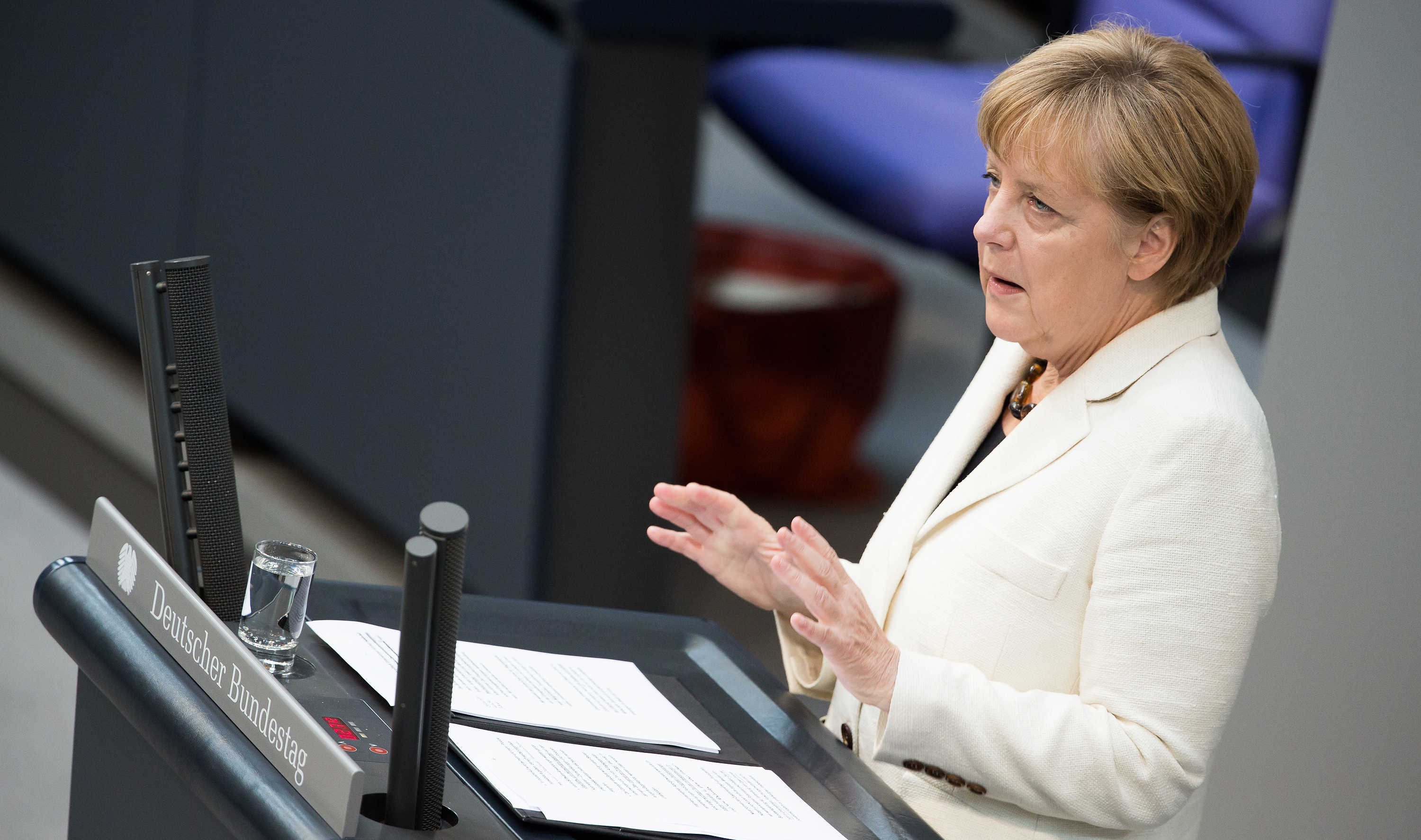A year of electoral defeats
Angela Merkel’s centre-right CDU party has suffered a set of electoral setbacks in Mecklenburg-Vorpommern and Berlin; losses widely blamed by her detractors on her stance in the ongoing migration crisis in Europe. These renewed drubbings at the ballot box come after crushing defeats in elections in Rhineland-Palatinate and Baden-Württemberg – the CDU’s former stronghold – earlier this year.
In Merkel’s home region of Mecklenburg-Vorpommern, the CDU was pushed into third place, behind the Social Democrats and the surging right-wing populist AfD. Since re-unification, the north-eastern state has gone through more than two decades of de-industrialisation and population decline, although economic and demographic indicators have stabilised during recent years. In spite of the state’s extremely low proportion of immigrants and Muslims, the twin fears of migration and Islamisation dominated large parts of the electoral campaign.1
The subsequent Berlin state elections did not deliver a better result for Merkel’s party, with the CDU obtaining its lowest-ever vote share in a Berlin ballot. Neither did the AfD’s showing as strong as in Mecklenburg-Vorpommern. Nevertheless, Merkel’s inner-party rivals have been quick to lay the blame for the renewed debacle at her feet.2
Merkel changing course ahead of federal elections
While Merkel had for a long time stood by her initial mantra ‘Wir schaffen das’ (‘We can do it’) when talking about the evolving migration challenge, recent months had already brought a gradual shift in her position; perhaps most notably in the form of the EU-Turkey migration deal which she helped broker, as well as through harsher immigration legislation at home. In the aftermath of this string of electoral losses, Merkel has now explicitly abandoned her trademark phrase, commenting that ‘Wir schaffen das’ had become an “empty formula” that has only served to unnecessarily “provoke” many listeners; a provocation that had never been her intention – or so Merkel asserted in a press conference.3
One year ahead of Germany’s federal elections, Merkel’s national approval ratings have dropped to the lowest level in five years, and the majority of voters do not want her to run again for office. Yet at the same time, Merkel’s rivals within her own party as well as the presumptive Social Democratic contender for the Chancellery, Sigmar Gabriel, remain equally unpopular, so that so far no clear challenger has emerged. 4






